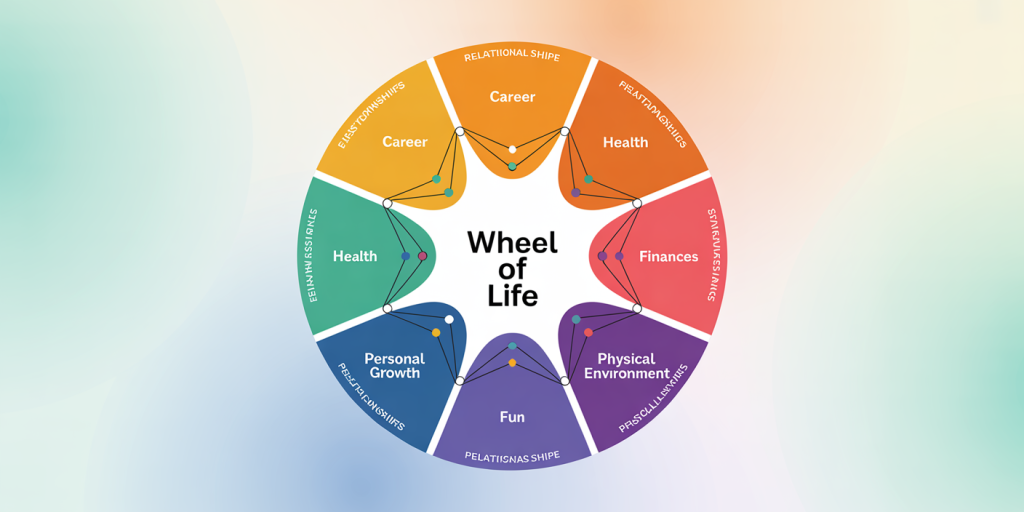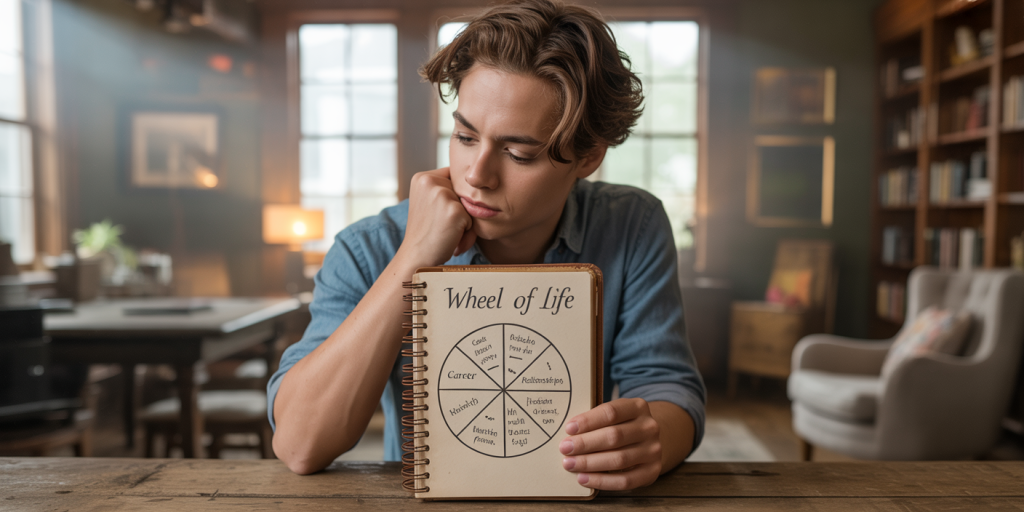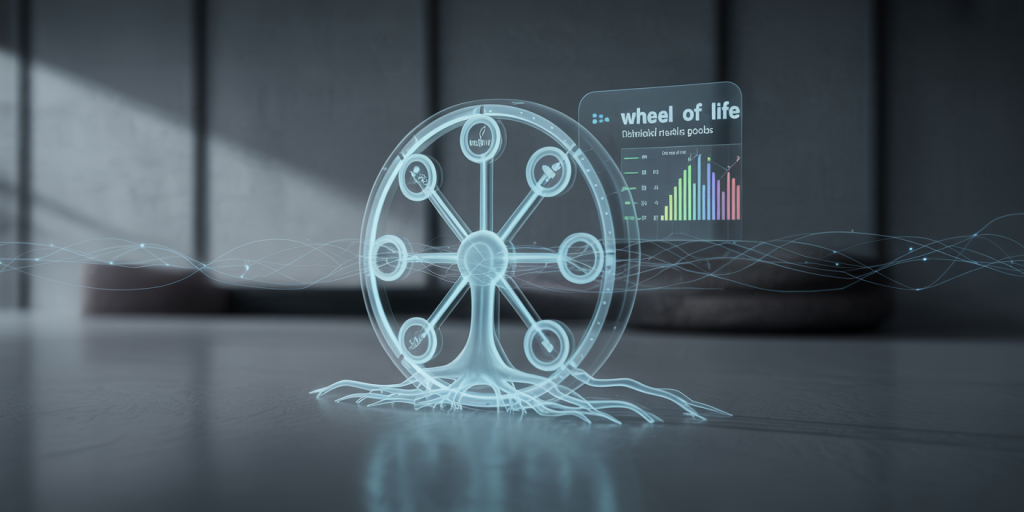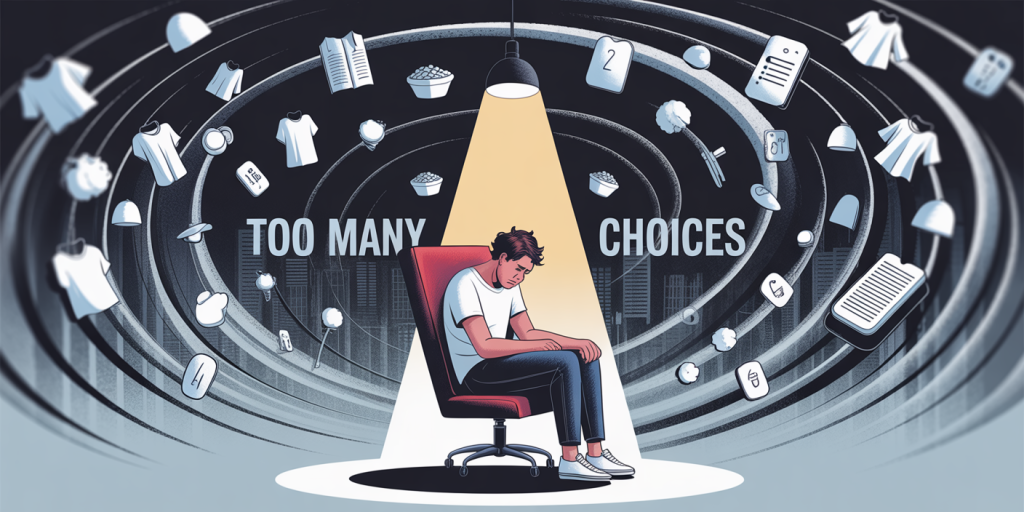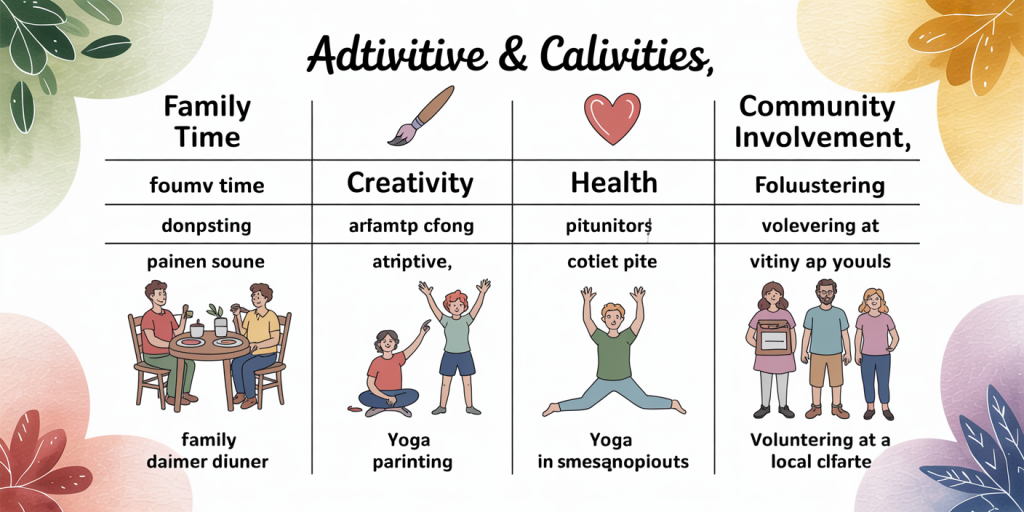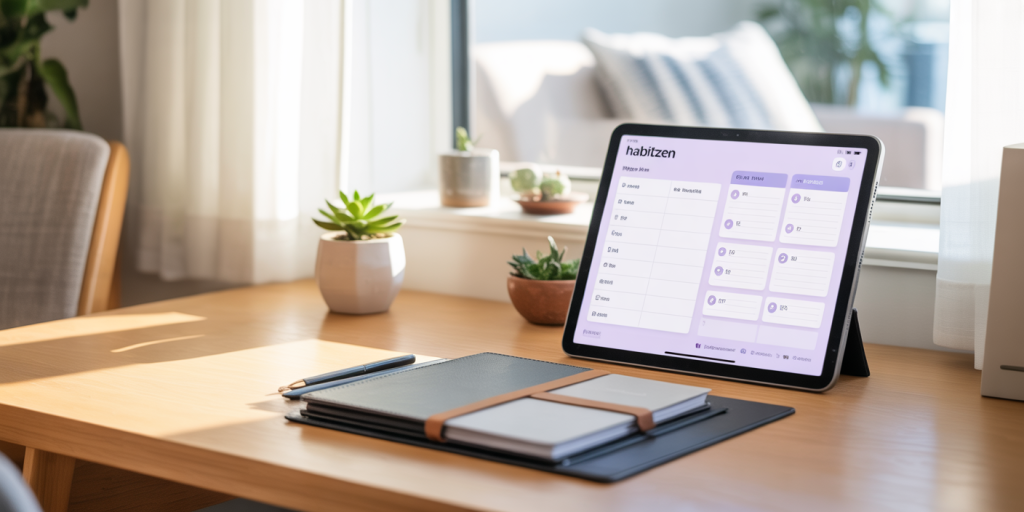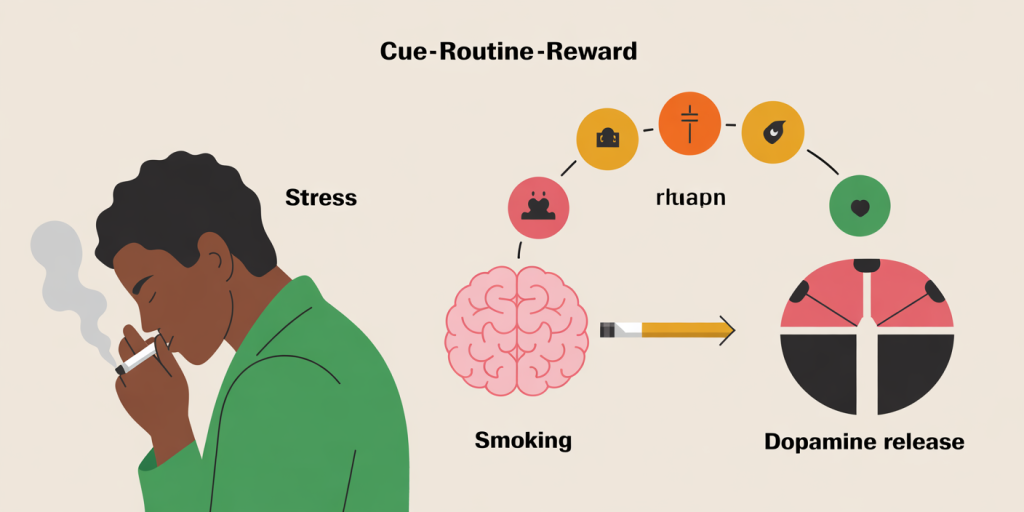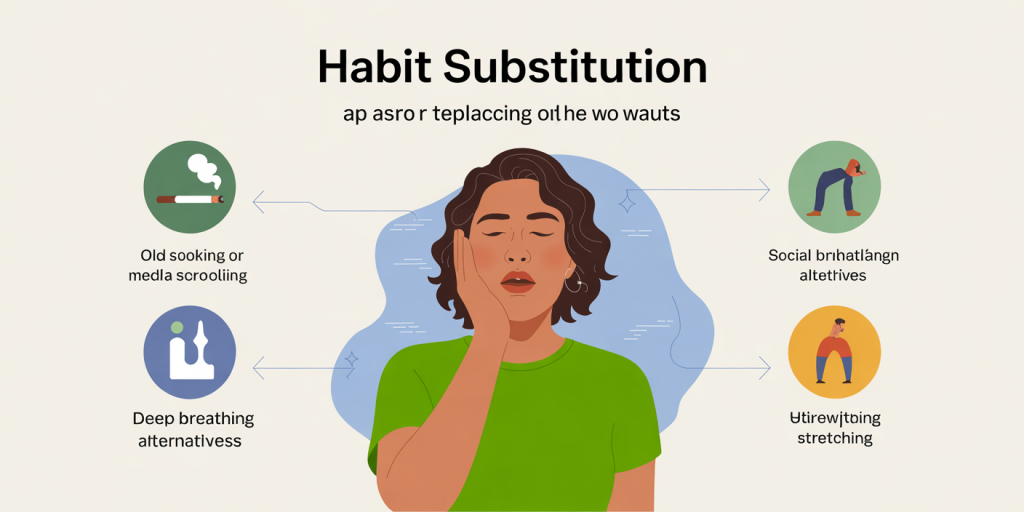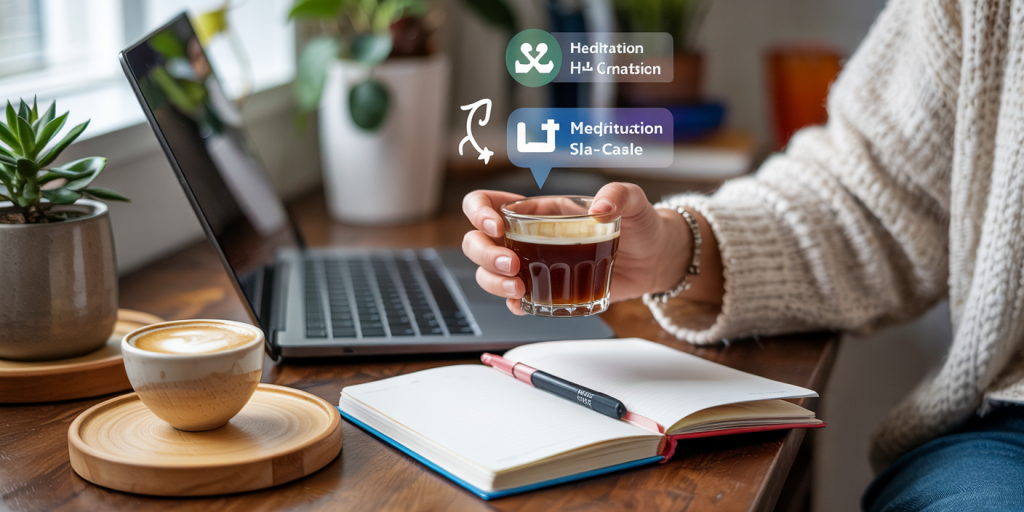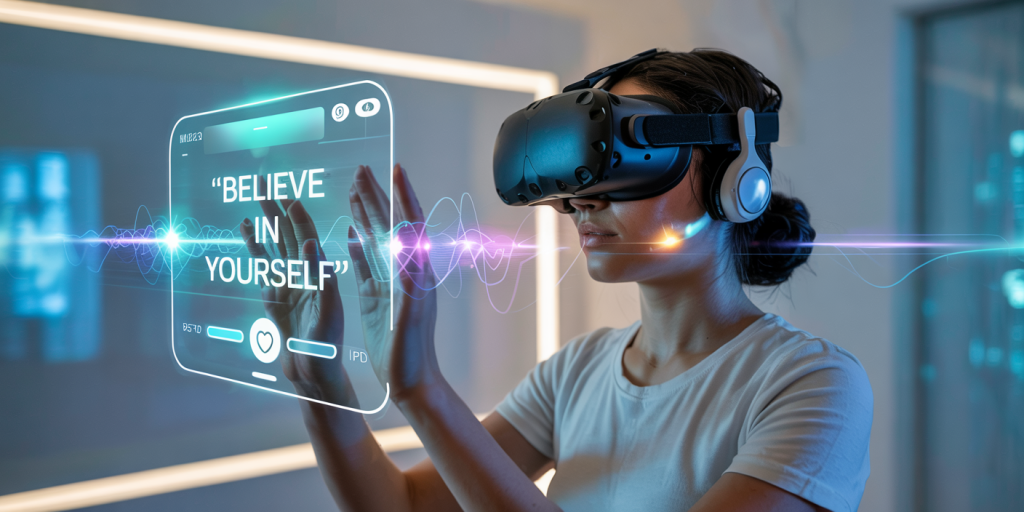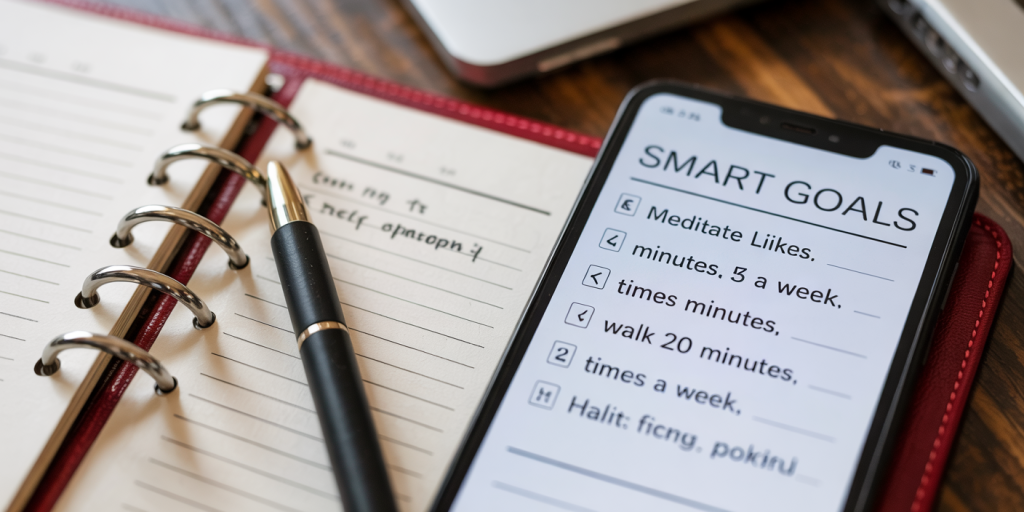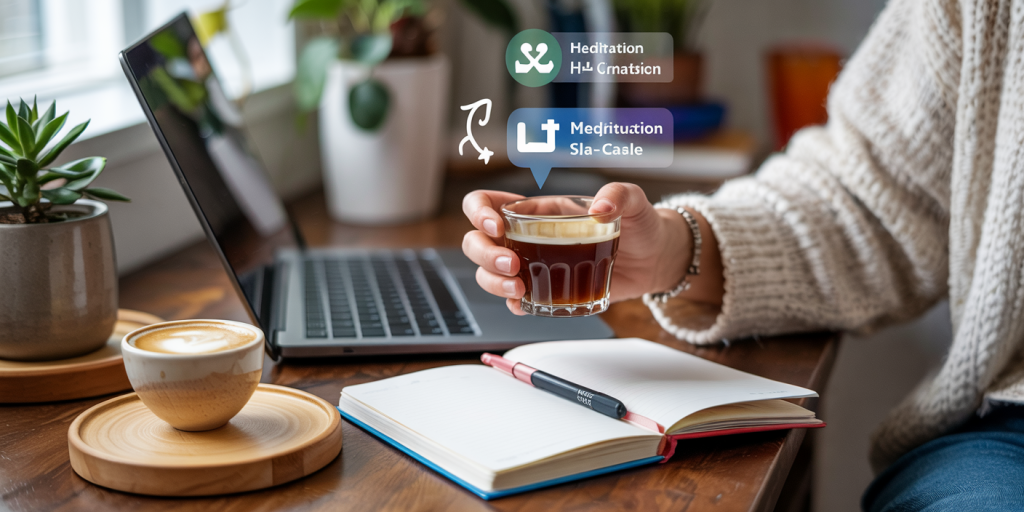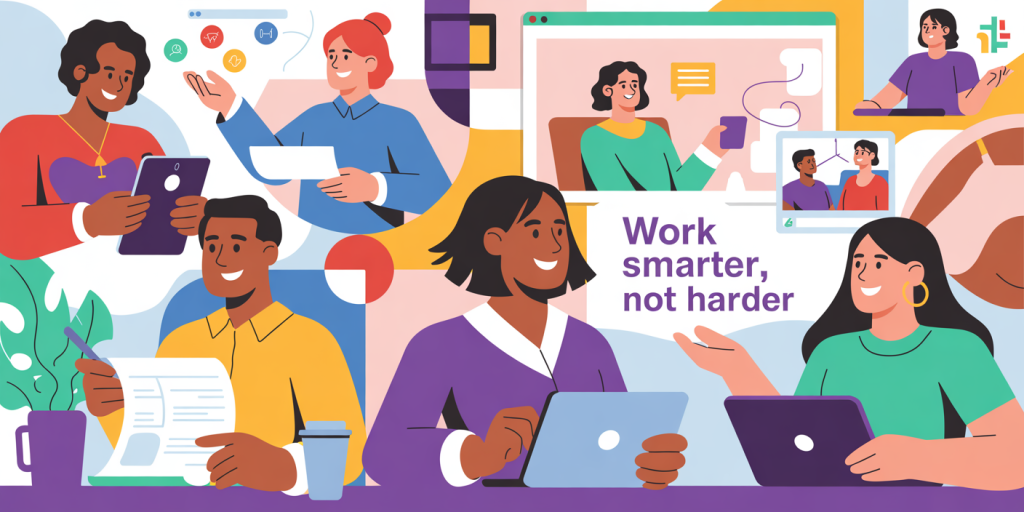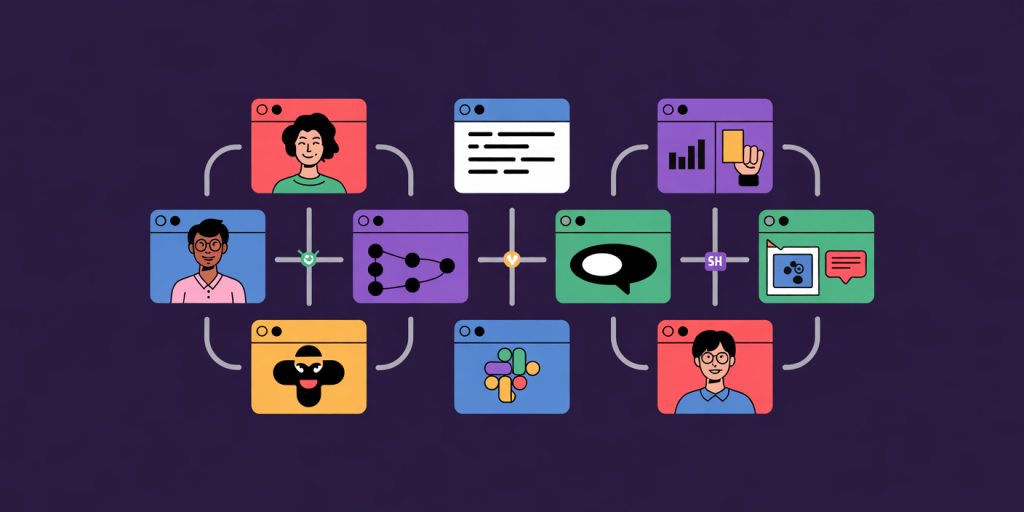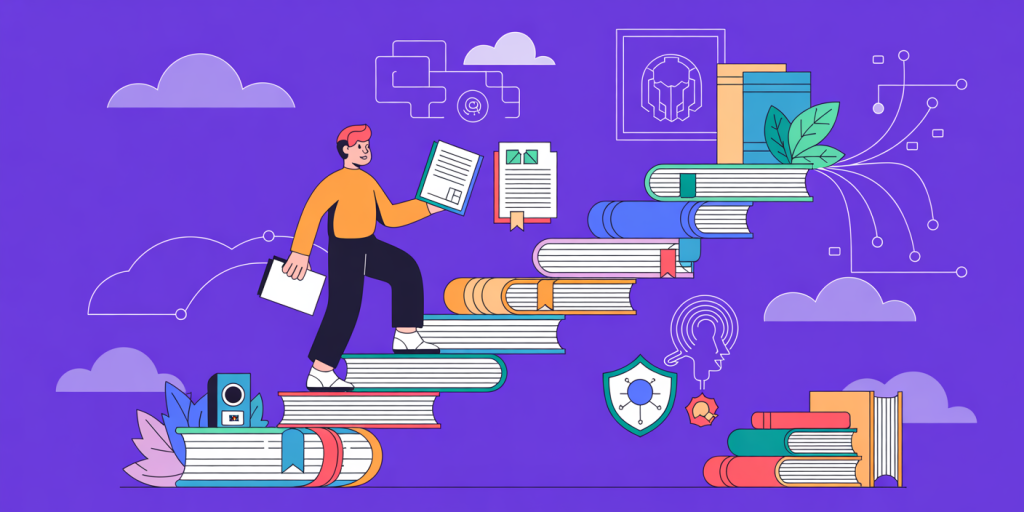In today’s digital era, social media platforms and online communities have become an integral part of everyday life. While these platforms offer incredible opportunities for connection, creativity, and information sharing, they also contribute to a phenomenon that many people struggle with: the tendency to compare themselves to others online. This behavior can erode self-esteem, trigger feelings of inadequacy, and impair mental well-being. Understanding how to stop these comparisons and foster a healthier relationship with online content is essential for maintaining emotional balance.
Research shows that up to 70% of social media users admit to feeling worse about themselves after scrolling through feeds, according to a 2021 study by the Royal Society for Public Health (RSPH). This statistic highlights the widespread nature of online social comparison and the urgency of adopting strategies to counteract its negative effects. In this article, you will learn practical methods and insights designed to help you break free from the trap of online comparison while cultivating self-appreciation.
—
The Psychology Behind Online Comparison
Social comparison theory, first introduced by psychologist Leon Festinger in 1954, explains that humans have an innate drive to evaluate themselves by comparing to others. This mechanism was evolutionarily advantageous, enabling people to understand social hierarchies and set personal goals. However, the dynamics have changed drastically with the emergence of the digital world.
When scrolling through online content, individuals encounter carefully curated snapshots rather than the full reality. These often portray success, beauty, achievements, and happiness, creating an unrealistic benchmark that fosters negative self-assessment. For example, seeing a friend’s vacation photos or fitness transformation posts may spur envy, even though offline the friend might be dealing with challenges unknown to the viewer.
Furthermore, studies have demonstrated that upward social comparison—comparing oneself to those perceived as “better off”—can trigger feelings of inadequacy and depression. An analysis published in the Journal of Social and Clinical Psychology (2018) concluded that limiting social media use to 30 minutes per day significantly reduced symptoms of loneliness and depression linked to social comparison. Hence, understanding the psychology of online comparison lays the foundation for combating it effectively.
—
Practical Strategies to Minimize Online Comparison
Reducing the habit of comparing yourself to others online starts with conscious behavior modification. One effective approach involves managing your digital environment to minimize exposure to content that triggers negative feelings. For instance, unfollow or mute accounts that cause constant feelings of inadequacy. Instead, follow accounts that foster inspiration, learning, or positivity. An Instagram user named Emily shared how she decluttered her feed by unfollowing influencers who made her feel “less than,” which drastically improved her mood and body image perceptions within two weeks.
Another powerful strategy is practicing digital mindfulness. Set specific times for social media use rather than mindlessly scrolling. Use apps with built-in time trackers or alarms to enforce this discipline. Integrate regular “digital detox” periods, such as one social media-free day per week, enabling your mind to reset and focus on offline relationships and activities. In a pilot program at a university, students who implemented scheduled social media breaks reported enhanced concentration and reduced rumination over others’ posts.

Journaling can also help shift focus from external comparison to internal self-reflection. Write down three things you appreciate about yourself every day or document personal achievements unrelated to online validation. This habit helps reinforce self-worth and creates evidence against negative self-talk spurred by comparisons.
—
The Role of Cognitive Behavioral Techniques
Cognitive Behavioral Therapy (CBT) principles are highly effective in addressing maladaptive thought patterns that arise from online comparison. When you catch yourself engaging in negative self-evaluation prompted by another’s post, challenge those thoughts critically. Ask yourself whether the comparison is logical or based on incomplete information.
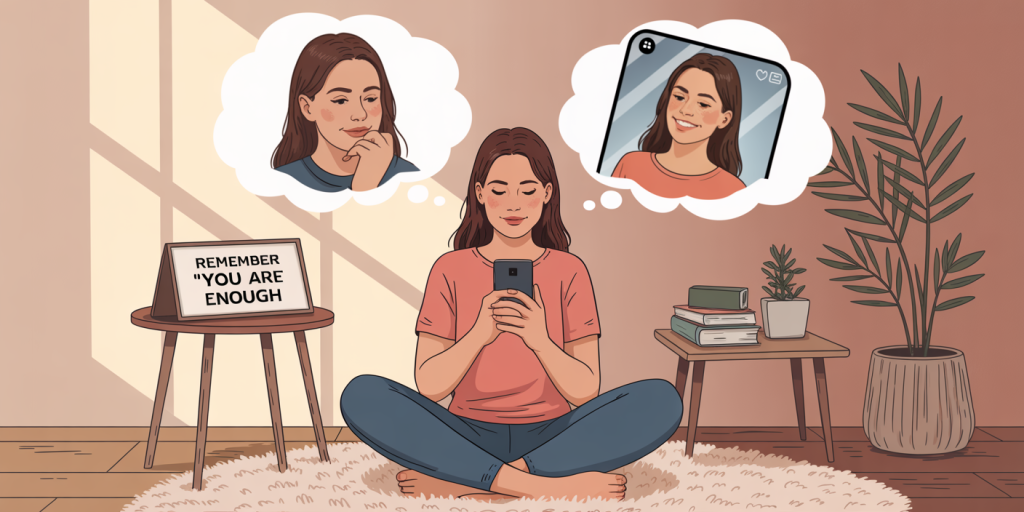
For example, if you see a colleague’s promotion announcement and feel inferior, remind yourself that social media rarely shows the hard work, stress, or setbacks behind the success. Reframe your thoughts by acknowledging your own unique strengths and achievements. Mental health professionals emphasize this cognitive restructuring as a foundational tool in building resilience against social media’s psychological impact.
Additionally, developing self-compassion is crucial. According to Kristin Neff’s research on self-compassion, treating yourself with kindness in moments of struggle promotes emotional well-being and reduces social comparison urges. Instead of castigating yourself for not matching others’ curated perfection, practice gentle understanding and recognize that everyone has individual journeys.
—
Comparative Table: Social Media Habits That Encourage vs. Discourage Comparison
| Behavior | Encourages Comparison | Discourages Comparison |
|---|---|---|
| Following large celebrity accounts | Exposure to unrealistic images of success | Following niche interest or supportive communities |
| Passive scrolling | Mindless exposure to highlight reels | Active engagement with positive content or creators |
| Frequency of checking feeds | Multiple times daily, leading to constant comparison | Scheduled limited use, e.g., 30 minutes daily |
| Reaction to posts | Equating self-worth to others’ achievements | Reflecting critically and reframing thoughts |
| Sharing own achievements | Posting for validation and approval | Sharing for self-expression and community building |
This comparison highlights how deliberate choices in social media engagement can influence feelings of comparison either negatively or positively. Knowing which habits to adopt and which to avoid is essential for mental health.
—
Building Authentic Connections Offline and Online
Building genuine relationships is a cornerstone of reducing harmful social comparison. Online, seek communities where authenticity and vulnerability are valued over curated perfection. For example, mental health forums, support groups, or interest-based clubs can create environments where members share struggles and successes honestly.
Offline, prioritize face-to-face interactions with friends and family. These real-world connections foster deeper empathy and provide more balanced perspectives on life challenges. Research published in the Journal of Social Psychology (2020) showed that people with stronger offline support networks reported higher life satisfaction and less engagement in unhealthy online comparison.

Real-life example: Mark, a 28-year-old software developer, noticed that his social media usage heightened feelings of loneliness despite having hundreds of online connections. He began volunteering at a local community center and rekindled friendships with old classmates, which strengthened his sense of identity and reduced his online insecurities.
—
Future Perspectives: The Evolution of Online Behavior and Self-Perception
As digital technologies evolve, so do the dynamics of online self-comparison. Artificial intelligence (AI) and augmented reality (AR) are beginning to shape social media experiences, offering immersive content but also new challenges for self-image. Platforms are experimenting with algorithms that prioritize positive, diverse, and unfiltered content to counteract the adverse effects of comparison.
Moreover, increasing awareness about the psychological impacts of social media use is influencing policy and design. The implementation of features like “time spent” dashboards and content warnings about unrealistic images signals progress towards healthier engagement models.
Mental health experts emphasize the importance of digital literacy education for all ages, equipping users to identify manipulative or unrealistic content and manage their responses effectively. Future social networks may integrate more personalized mental health support and adaptive content curation to nurture users’ well-being.
On a personal level, fostering resilience through continuous self-awareness and adapting habits is essential as digital landscapes shift. Embracing your unique journey beyond online metrics can empower you to engage with technology as a tool for growth rather than comparison.


